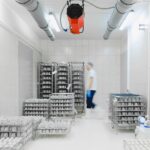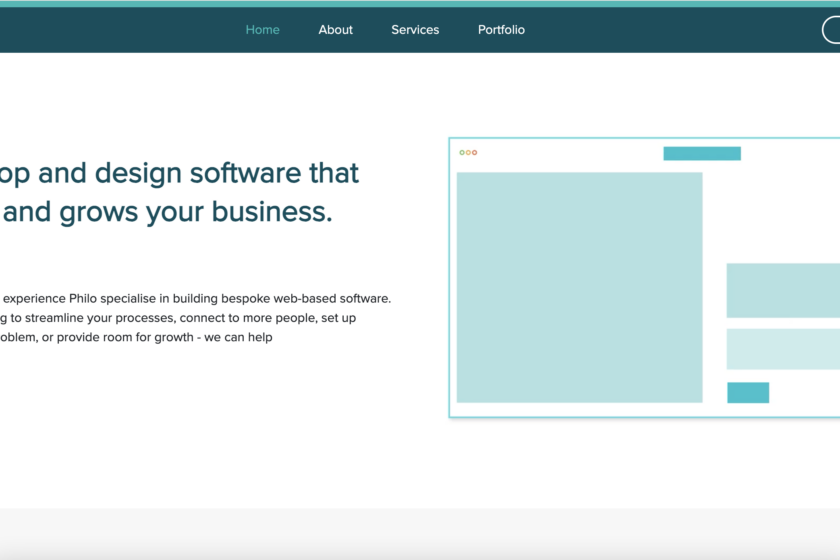In today’s world, maintaining optimal environmental conditions is critical across many industries—from food storage to pharmaceuticals. Temperature and humidity data loggers have become indispensable tools in ensuring that perishable goods, sensitive equipment, or even vital research materials remain in controlled conditions. But what exactly are data loggers, and how do they work? In this beginner’s guide, we’ll explore the science behind temperature and humidity data loggers, their functions, and their importance across various sectors.
What Are Temperature and Humidity Data Loggers?
A temperature and humidity data logger is an electronic device that continuously monitors, records, and stores environmental conditions like temperature and humidity levels over a period of time. These devices come equipped with sensors that detect changes in the environment, and the data they collect can be retrieved for analysis to ensure that specific conditions are met.
At its core, a data logger typically consists of:
– Sensors: For measuring temperature and humidity.
– Data Storage: An internal memory where the collected data is stored.
– Power Source: Often battery-operated for portable use.
– Data Retrieval: Via USB, Bluetooth, or Wi-Fi, allowing users to download or monitor data in real-time.
How Do Data Loggers Work?
Data loggers operate by capturing measurements from their sensors at regular intervals (known as the sampling rate), which are then stored in their memory. The frequency of readings can be customised depending on the requirements of the industry or process. For example, some data loggers can record data every minute, while others might record hourly or daily.
After a set period, the recorded data can be downloaded to a computer or cloud-based system for analysis. By visualising the data as graphs or tables, users can identify trends, spot anomalies, or ensure compliance with required environmental standards.
In more advanced models, real-time alerts can be set up. If temperatures or humidity levels deviate from a pre-set range, the data logger can send notifications via SMS, email, or alarms, allowing for immediate corrective action.
Why Are Data Loggers Important?
Data loggers are critical for ensuring products or processes remain within specific environmental parameters, especially for industries that depend on precise conditions to maintain quality and safety. Here’s why data loggers matter:
– Preventing Losses: In the food industry, for instance, even slight deviations in temperature can spoil perishable goods, leading to waste and financial loss. Data loggers help avoid this by alerting personnel to issues before they become costly problems.
– Maintaining Compliance: Many industries, especially pharmaceuticals and healthcare, are required to adhere to strict regulatory standards (such as HACCP in food safety or WHO guidelines for vaccine storage). Data loggers provide a reliable and automated way to document that these standards are being met, which is essential during audits or inspections.
– Quality Control: In manufacturing environments, maintaining a stable temperature and humidity level can be essential for product quality. For example, electronics manufacturing or precision machinery production often demands stable conditions, and data loggers help ensure this.
– Long-term Monitoring: Whether it’s monitoring agricultural crops, industrial equipment, or laboratory conditions, data loggers provide consistent, long-term tracking without requiring constant human intervention. This automation saves time and increases accuracy in data collection.
The versatility of temperature and humidity data loggers makes them valuable across various industries. Some of the most common sectors include:
– Pharmaceuticals: Ensuring that medicines, vaccines, and other healthcare products are stored at the correct temperature is critical for maintaining efficacy and safety. Temperature-sensitive drugs may lose potency if exposed to temperatures outside their prescribed range.
– Food and Beverage: Cold chain logistics, which involves transporting and storing perishable foods, relies heavily on data loggers to ensure items are kept fresh and safe for consumption. Even small temperature fluctuations can result in spoilage or contamination.
– Agriculture: Data loggers are used in greenhouses and during the transportation of crops to ensure optimal growing and storage conditions. Humidity, in particular, plays a crucial role in crop health and shelf life.
– Museums and Archives: Delicate artefacts, artwork, and historical documents can deteriorate if exposed to incorrect environmental conditions. Data loggers are used to maintain stable temperature and humidity levels to preserve these items for future generations.
– Industrial and Manufacturing: Many industrial processes, such as the production of sensitive electronic components or chemicals, require specific environmental conditions. Data loggers are essential in monitoring and maintaining these conditions for optimal production outcomes.
Selecting the right temperature and humidity data logger depends on your industry, the environment being monitored, and the level of precision required. Here are a few factors to consider:
- Accuracy: Depending on the sensitivity of your product or process, accuracy can vary between different models. Look for loggers that meet the precision standards your industry demands.
- Durability: If the logger will be used in harsh conditions (extreme temperatures, humidity, or vibration), ensure the device is designed to withstand those environments.
- Real-Time Monitoring: If instant alerts are crucial to your operations, opt for data loggers with Wi-Fi or Bluetooth capabilities, which allow for real-time monitoring and immediate notifications. Our Tive solo 5g trackers offer real-time monitoring.
- Battery Life: For long-term projects or remote monitoring, choose data loggers with extended battery life to avoid frequent replacements or interruptions in data collection.
Conclusion
Temperature and humidity data loggers are more than just monitoring devices—they are essential tools for safeguarding product quality, ensuring compliance, and preventing costly damages. Their versatility makes them invaluable across various industries, providing accurate, real-time data that helps businesses make informed decisions and maintain high standards.
Whether you are new to data loggers or looking to optimise your monitoring system, understanding how these devices work and their importance will help you choose the right solution for your needs. Investing in a reliable data logger can save you from potential losses, protect your business reputation, and ensure the safety and quality of your products.






